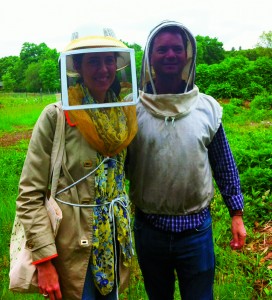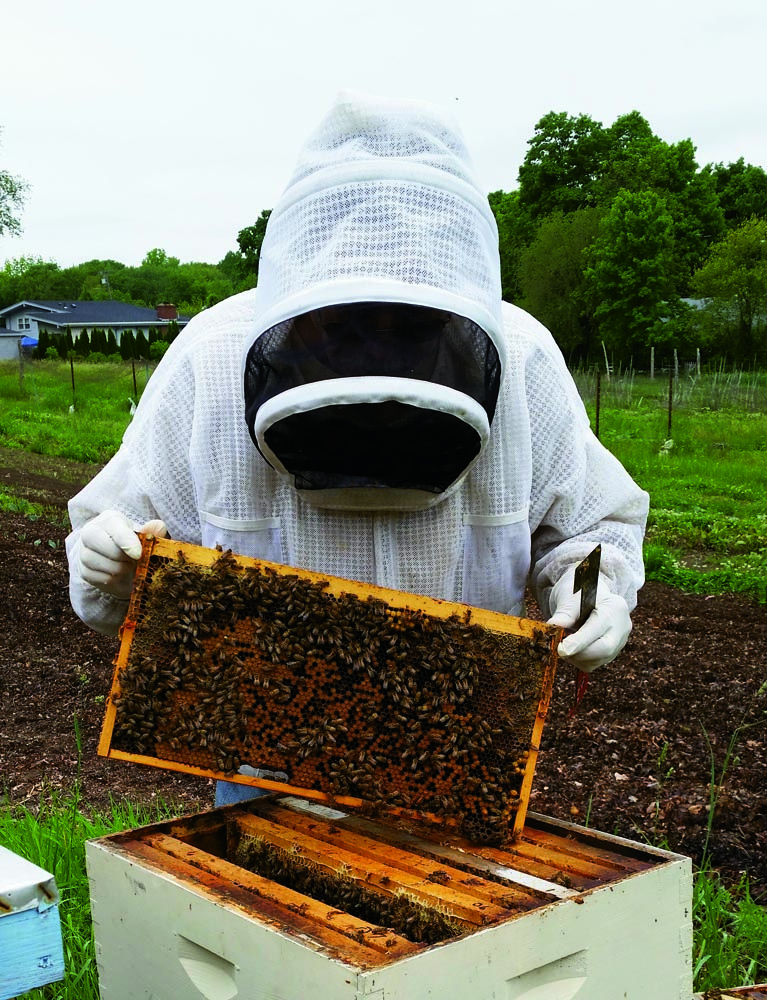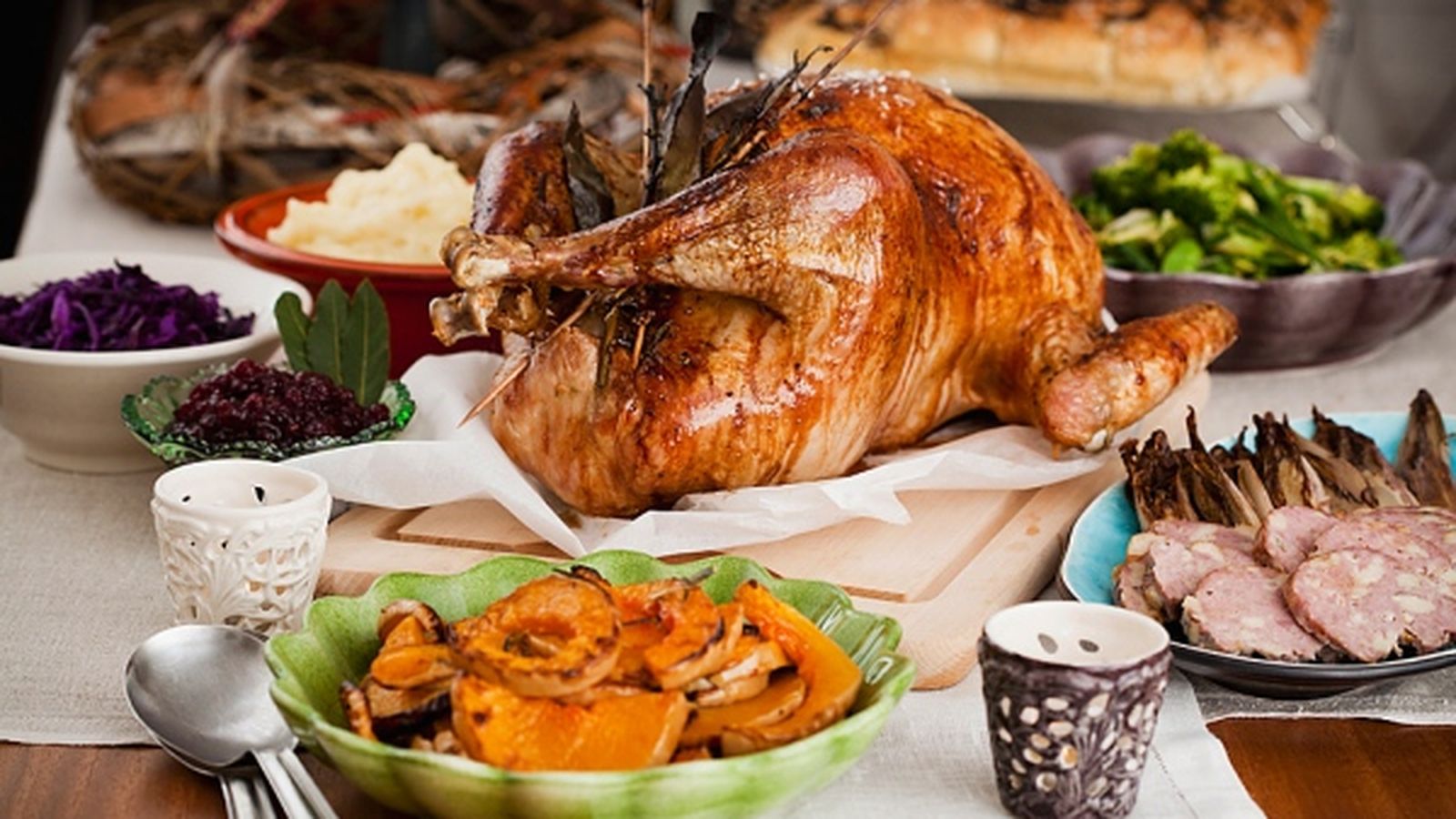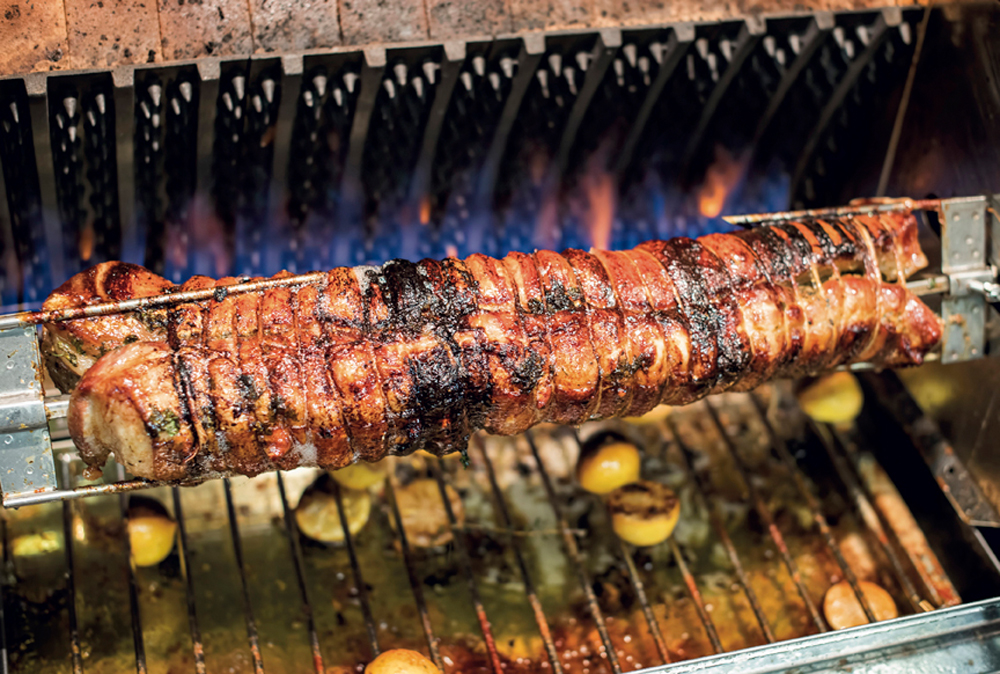When my wife first got invited up to Providence by the National Honey Board to attend a Honey Summit as an all-expense paid guest chef, I thought it was some kind of trick. Nobody is that lucky, I said. They probably want to sell us time shares in Rhode Island or advertorial space in an obscure, bee-related trade publication. Out of an abundance of caution I decided to accompany her despite the fact that I was not, technically, “invited.”
As it so happens I had my own ulterior motives. I love honey in ways that would shame a bear. So my suspicion of them was merely a projection of my own insecurities and the Honey Summit was exactly what it professed to be — a professional outreach program to promote the use of honey as a natural sweetener in bakeries across the US. It was held at Johnson & Wales in a lecture hall overlooking the Providence River. Such a beautiful setting might give the aspiring culinary student the misimpression that a restaurant career involves academic workshops and PowerPoint presentations rather than chefs throwing pots at one’s head and pointing out one’s physical shortcomings, I joke to my wife, who ignores me. I kick back at our table, systematically gnawing my way through the honey-flavored lollipop centerpiece as I soak up the nuances of various grades of honey. Then I hear the dreaded phrase, “We will now assemble in teams for bench time.”
This is a concern. Clearly they assumed I was some kind of actual chef. Suddenly I feel awkward about having helped myself to the complimentary chef’s jackets I found hanging in the conference room. But what did they expect? It was free.
We are broken into teams. My partners are quick to reassure me that they do not expect much from me in terms of capability. Perhaps I can weigh out some dry ingredients and fetch the occasional smallware?
I am dispatched to track down a cutting board. I poke frantically around the vast and unfamiliar teaching kitchen. Finally I find one hanging in an odd location near the bread mixing station. It is shaped kind of funny and has odd little patterns on it, but no matter. I bring it back to our bench and am about to commence dicing when a Team Member grabs my arm.
“That’s a rounding board for the dough divider,” he helpfully explains. “If Chef sees you using that as a cutting board, he’ll chop your nuts off.”
I put the rounding board back where I found it and retreat to a corner, content to observe.
For day two, we get to go on a fieldtrip to a real apiary. It is a dreary, overcast day and our excitement is tempered by the announcement that the cloudiness might make the bees “a little angry”. We are collected in a van and driven to a small farm dripping with both honey and classic New England charm.
There are four hives of honeybees stationed in the midst of a fallow field. Mist gathers in the dell, as if for effect.
Our beekeeping host begins to tell us a little about the goings-on within the bee communities. He keeps returning to their concept of the “God Bee” – which I find inspirational. What a complex social arrangement, I think. It stands to reason if they have their royalty (Queen Bees) why should they not have their deities (God Bees)? I am about to ask how they managed to unravel the mysteries of the religious beliefs of bees when my wife saves me from certain embarrassment.
“Oh, he’s saying Guard Bees,” she whispers. “It’s like a Boston accent.”
Our leaders begin by asking us if anyone would like to view the hives. Being chefs, everyone raises their knuckle tattoos. We don our suits. Some get gloves and full body regalia, others not so much. I was hoping for the full-on spacesuit-looking thing with the oil can that puffs white smoke but I am handed something moist and dirty from the back of a pickup truck that looks like little more than mosquito netting hot-glued to a Fedora. This clearly will not offer much protection should the bees develop a taste for human flesh. “Don’t run – they can sense fear,” is the only piece of advice my wife and I are given as we are shoved on our way. 
Megan and I approach the hives. They look like a stack of wooden file boxes. Bees are all about us now as we enter their domain. Our host has the lid off of one hive and pulls out a frame, freeing it up with a tool that looks like an all-in-one putty knife. The tray is filled with cells of capped honey, complete at the edges and working their way toward the center. “Here’s a drone,” the beekeeper says. “You can hold it.”
He indicates that I should pick it up with my ungloved fingers, so I gingerly do so. It hums and wiggles in my grasp like a fuzzy living bean. I feel at peace with the world and a sense of oneness with the bees.
Before we leave we are treated to a presentation on what the business of honey means to the world at large. I learn about the role that bees play in the pollination of major crops across the US and what life might be like without them, which given the mystery of Colony Collapse Disorder is not merely academic. Their PowerPoint slides make use of images of grocery store aisles bereft of familiar products, but I prefer to imagine it more like Stephen King’s The Stand crossed with The Matrix, only with more killer robots. I will not live in such a world, I avow. I do not want my child to grow up in a dystopian wasteland bereft of honeybees. So I implore you now, dear readers, to bake something at home tonight with your honey. Take that plastic bear off the shelf. Because while I might not be a chef, as my teammates so cruelly learned, at least in this small way I can help out the cause. Now if you will excuse me, I’m off to drop $500 on a deluxe beekeeper starting package. Did you know that UPS will actually ship huge boxes of live bees? Me either!
Read the entire Fall 2014 issue of Food & Dining Magazine, here: http://issuu.com/foodanddiningmagazine/docs/f_d_fall14

























